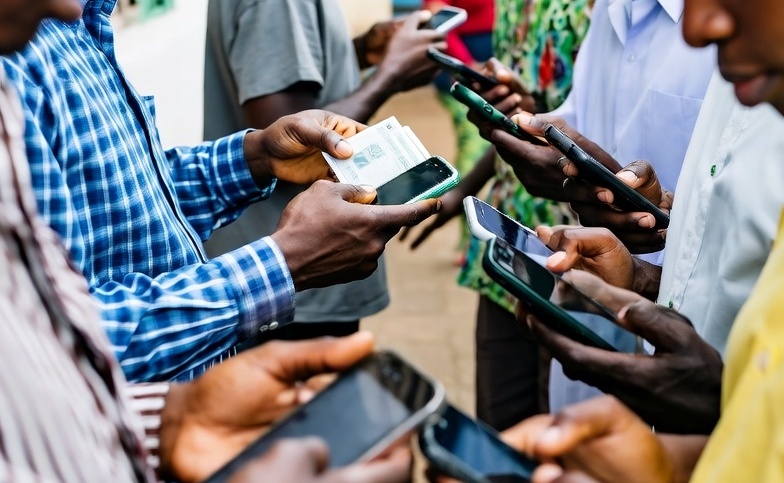By Ugo Inyama
“Up NEPA!” — the familiar cheer that greets the flicker of returning power — still echoes across Nigeria. But in 2025 it is no longer joyful. It is weary: a sigh of relief mixed with resignation. Blackouts are no longer an exception; they have become the rule, shaping business decisions, household routines and, increasingly, the national debate over why Africa’s largest economy cannot keep the lights on.
Nigeria’s power crisis is neither new nor mysterious. What has changed is how acute it has become. On paper, the country boasts more than 13,000 megawatts of installed generation capacity. In reality, barely 4,000 to 4,500 megawatts reach the grid on most days — about the same power a mid-sized European city consumes but spread across more than 200 million people. Gas shortages, ageing turbines, vandalised pipelines and chronic breakdowns at thermal plants are only part of the story. Transmission and distribution systems leak energy like sieves, unable to deliver even the limited power produced. According to the World Bank, the resulting productivity losses and disrupted businesses cost Nigeria between $25 billion and $29 billion every year.
This vacuum has turned Nigeria into one of the world’s biggest informal electricity markets. Millions of petrol and diesel generators now power everything from roadside salons to banks and factories. Together, these noisy machines churn out an estimated 40,000 megawatts — many times the reliable output of the national grid. But the generator economy comes at a staggering price. Fuel costs have soared in the last three years, air pollution is thick, and poorer households are entirely excluded by affordability constraints. A dark hospital operating theatre or a student bent over homework by candlelight has become part of everyday life — the soundtrack of a nation forced to improvise for survival.
Meanwhile, grid collapses continue to puncture public confidence. More than ten national blackouts were recorded in 2024 alone, and 2025 has already seen several, including a countrywide outage on 10 September. Each collapse erodes trust further, fuels reliance on generators and undermines the investment case for any long-term reform.
Efforts to expand and diversify supply show mixed progress. Solar and hydropower projects dot the horizon, but many remain half-built or entangled in disputes. The Ashama Solar Plant in Delta State, at 200 megawatts, is a bright spot, but far from sufficient for a country of Nigeria’s scale. The long-promised 3,050-megawatt Mambilla Hydroelectric Project has been delayed for years by funding bottlenecks and legal challenges over land acquisition. Renewable-energy potential is vast, but policy uncertainty and weak infrastructure still keep investors wary.
Since the 2023 amendment to Nigeria’s Electricity Act, states are allowed to generate and distribute power independently. Lagos, Kaduna and Rivers have moved fastest, sketching out their own electricity markets and wooing private developers. But decentralisation is only as strong as the states’ technical capacity and financial depth — both of which are uneven. Without robust coordination and clear regulation, state-level projects risk duplicating the same problems already baked into the national grid.
Yet Nigeria’s electricity crisis is not destiny. It is the predictable outcome of decades of policy inertia, underinvestment and regulatory fragility. The remedy is equally clear: upgrade the grid to cut losses and stabilise transmission, diversify the energy mix to reduce dependence on gas and unlock abundant solar and hydro resources, strengthen regulatory institutions to attract private capital, and target subsidies to protect the poorest while moving the rest of the market toward commercial viability. State and local capacity must also be built to execute projects credibly and at scale.
None of these measures promises an overnight fix. But consistent leadership, credible policy signals and transparent communication could gradually rebuild confidence. Stable electricity would power businesses and homes and restore a sense of possibility to a country with vast energy resources and an entrepreneurial population eager to harness them. Nigeria has solved big problems before. Its fintech sector shows what happens when regulatory clarity meets private innovation. Its telecoms revolution shows how quickly a market can transform when incumbents are disrupted. Energy could be the next frontier if the country stops lurching between short-term palliatives and commits to a long-term turnaround plan with measurable milestones.
For now, “Up NEPA!” endures as a momentary celebration of a fragile service. Nigerians continue to hope for a future in which the phrase marks history rather than habit — and where the lights stay on long enough to illuminate the country’s full potential.
*Ugo Inyama writes from the African Digital Governance Centre, Manchester, UK.
www.Africandgc.org



